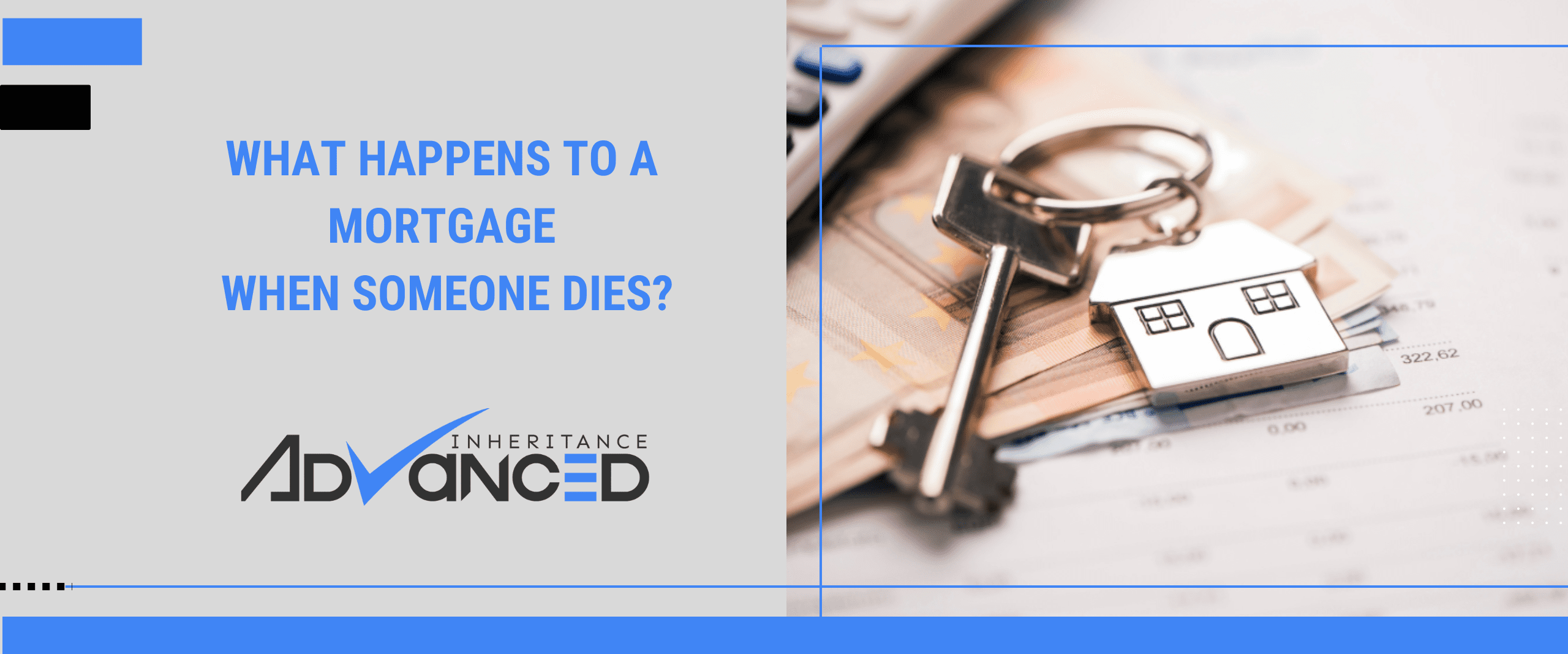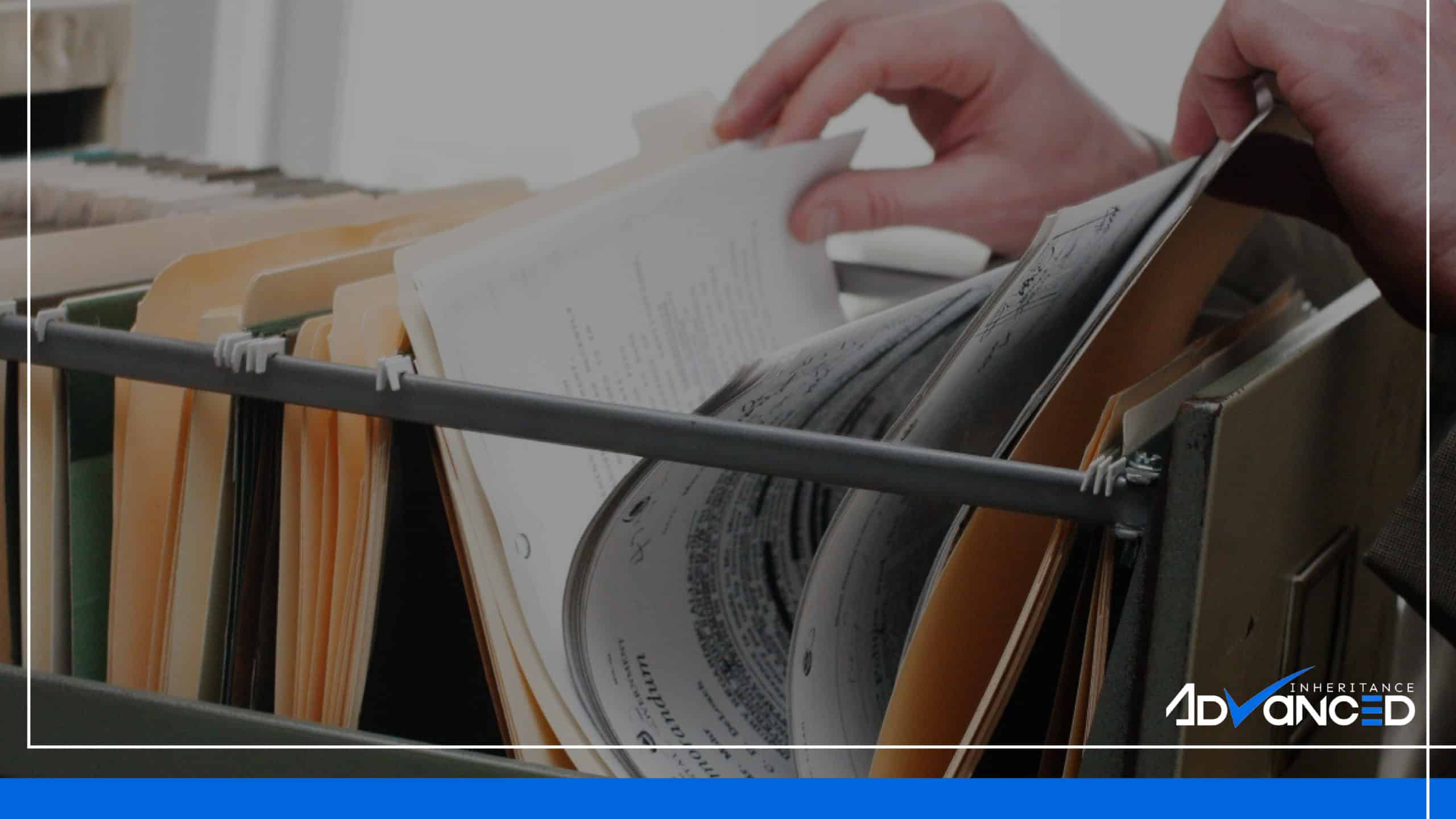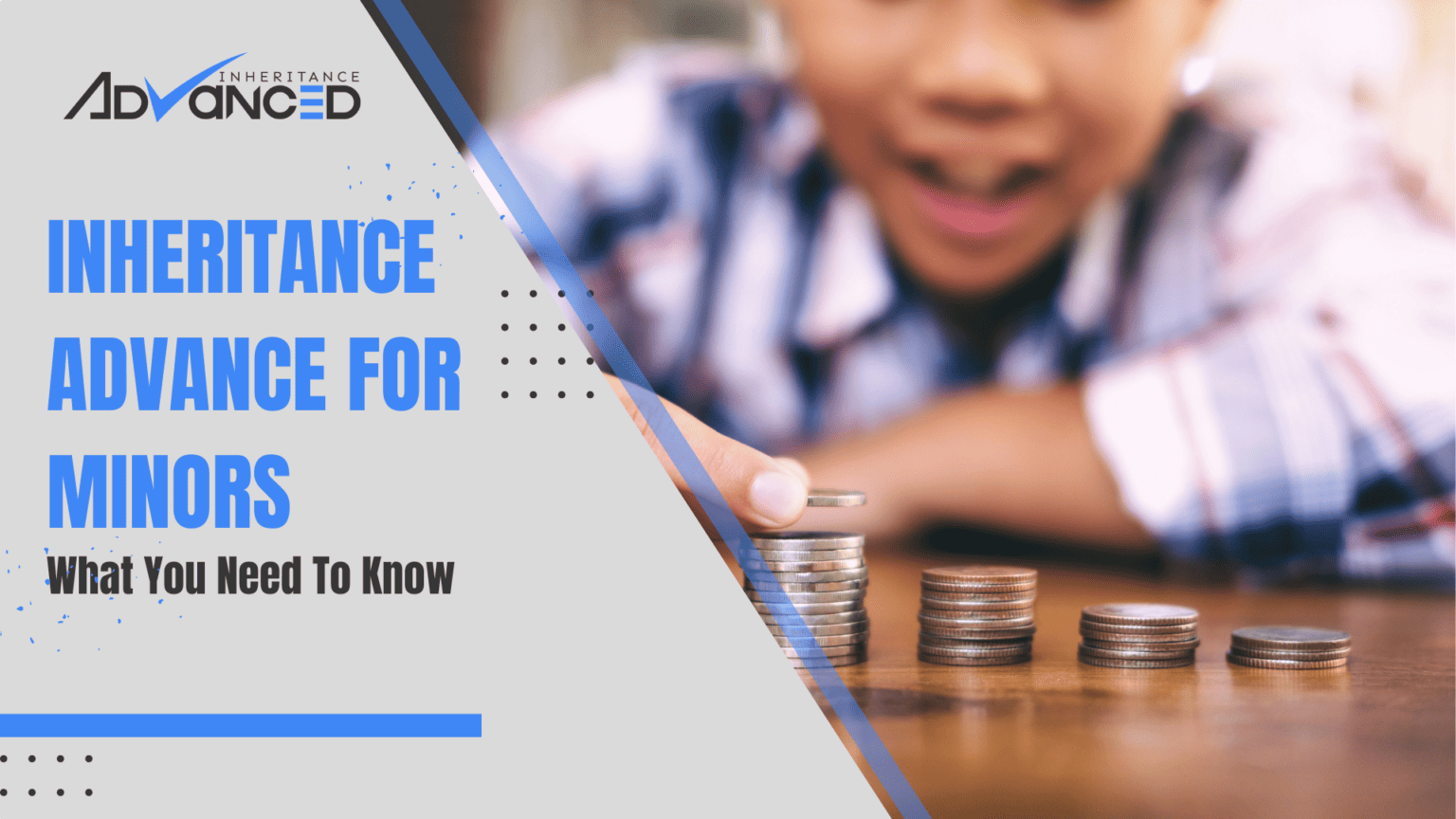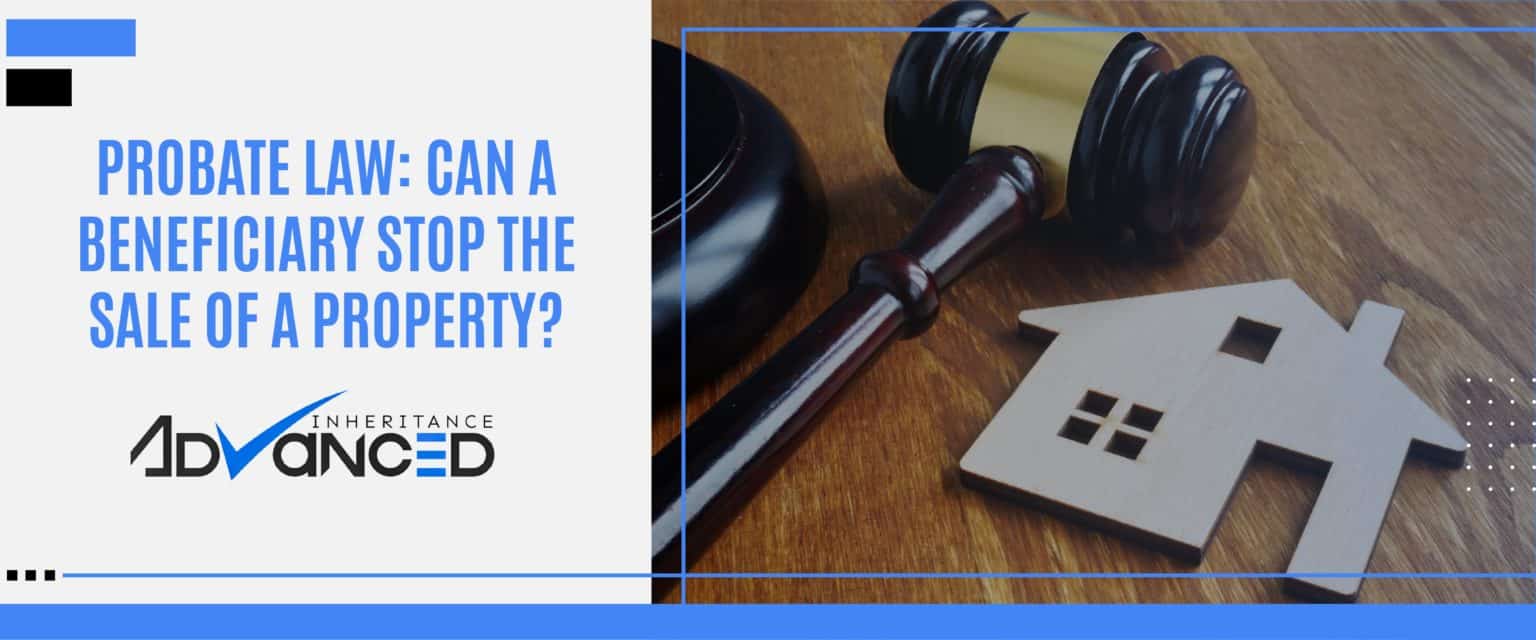When you die, someone has to keep up your mortgage payments. This means that the executor of your estate will first utilize your significant assets, other assets, or proceeds from life insurance to pay off your creditors before passing them on to your heirs.
Mortgage debt, on the other hand, necessitates a different approach.
Nobody is obligated to take on the mortgage unless they co-signed the loan or are co-borrowers with you. However, laws are in place that allows the person who inherits the home to keep it and assumes responsibility for the mortgage if they so choose. Another option is for the surviving family to make mortgage payments while preparing to sell the house in question.
Foreclosure proceedings will begin if no one inherits your mortgage or pays it off after your passing. Read on to learn more about what happens to a mortgage loan when the borrower dies and what happens to surviving family members who live in the house.
Who’s Responsible When Someone Dies In Case Of Mortgage
What happens to your mortgage when you die? The mortgage servicer will begin the process of foreclosing on the property if no one takes over the mortgage or makes payments after your death.
A Co-borrower On The Mortgage
Anyone who applies for a loan with another borrower as a co-borrower bears some of the financial responsibility for the loan’s terms and repayment. In these cases, both borrowers are liable for the debts they take on.
In most cases, they are co-owners of the property for which the loan is being used. However, this isn’t required, as the loan and the title are two independent things. You’re taking on the responsibility of a mortgage without actually owning the house if you’re not on the title.
A Co-Signer On The Mortgage
Assuming the primary borrower cannot keep up with repayments, someone can agree to take financial responsibility for the loan. This person is typically a family member, friend, spouse, or parent.
When you co-sign the loan with someone, you’re signing a legally binding contract. This means that if the principal signer defaults on the mortgage, the lender can come after you for repayments. Even if you don’t live in the house, the lender might still hold you liable for the missed loan payment.
When There Is NO Designated Beneficiary In The Borrower’s Will
If you don’t specify a beneficiary in your will, and if no one else is paying the mortgage, the lender will sell the house to repay their loan. There are times when lenders are willing to give inheritors a reasonable amount of time to sort out their finances and take over their loans if they wish to do.
5 Ways To Handle Mortgage
A borrower’s death has an impact, but it may not be as dramatic as you imagine. In the same way as any other loan, this one also has a due date and must be repaid.
The stakes are much higher when it comes to mortgage debt because family members may be living there or have strong emotional ties to it. There are various options available to those who have survived the tragedy, some more enticing than others.
1. Transfer Home To Relatives
While your estate is accountable for debt repayment, real estate is unique. Lenders are required by federal law to allow family members to assume responsibility for a mortgage when they inherit residential property.
This precludes lenders from enforcing a due-on-sale clause, which would be triggered if ownership passes to your heirs. Heirs are not required to demonstrate their ability to repay the debts before assuming ownership of the mortgage.
2. Refinancing And Repaying
After your death, your heirs are not compelled to maintain the mortgage, but the final choice rests with the executor of the will. They can either refinance the loan or pay off the debt fully if a better deal becomes available. If you die with a substantial estate, letting your executor pay off the loan enables your heirs to acquire the home free and clear.
3. For Married Couples
For the majority of married couples, the process is simple. If both couples own the home and jointly apply for the loan, the surviving spouse normally assumes complete control (ownership of the house and responsibility for the loan).
4. Carry On With The Payments
It is critical to establish provisions for your monthly payments in the event of your death. Thus, the lender is prevented from charging penalty fees and initiating foreclosure proceedings. The surviving spouse can make the payments as well as the executor or anybody else while the estate is being settled.
Automatic bill payments may also suffice, provided your funds remain available. Financial institutions may freeze accounts upon your death, so you may need to arrange for alternate payment ways to be established.
The Consumer Financial Protection Bureau allows lenders to name an inheritor as the borrower on a loan without having to go through the headache of a regular mortgage application and approval process. Continue to make payments on the existing mortgage.
5. Options For Probate
While the probate process varies by state, the court will normally appoint an estate representative, referred to as an “executor” in the presence of a will or an “administrator” in the absence of a will. This individual is tasked with settling the estate and steering it through the probate process. A component of this process is identifying the deceased’s, rightful creditors.
The executor will subsequently be responsible for liquidating estate property if necessary to pay creditors. Typically, the court will order an appraisal to determine the listed price.
The executor will certainly employ a real estate agent to sell, advertise, and show the property.
When at least one buyer has made an offer, the executor must ask the court for authorization to sell the residence. The deceased’s heirs and estate beneficiaries will be notified, and if no one objects, the sale can proceed with court approval.
If more than one offer is received, all potential bidders must normally appear in court to make their bids. The highest bidder wins, and the winner must present the estate’s executor or administrator with a cashier’s check for at least 10% of the offer price.
What Happens When You Sell An Inherited Home?
In some cases, heirs may additionally no longer be in a position to take over the mortgage. Whether they can’t find the money for the repayments or don’t prefer the property, selling is usually an option.
Valuable Equity
If the home’s value exceeds the amount due on it, the difference might be passed on to your heirs. Your executor may sell the property and use the proceeds to settle other obligations or make distributions to heirs. Alternatively, an individual heir can pocket the difference if they assume the mortgage and ownership of the residence.
Negative Equity
If you owe more on your property than it is worth and no one is willing to take over the payment, your executor may be able to negotiate a short sale with your lender. If everything else fails, you could also choose a lender foreclose, in which case your family members will not be liable for the debt—as long as they did not co-sign the mortgage.
Reverse Mortgage
When a homeowner has a reverse mortgage and dies, it does not require monthly payments. The most common type of these loans is Home Equity Conversion Mortgages (HECMs), which must be repaid if the final borrower (or qualified spouse) dies or vacates the property.
After that, the lender will send a due notice and payment to the heirs. They have 30 days to repay the entire loan balance or 95% of the appraised value of the residence, whichever is smaller if they wish to keep the house. As a result, if they sell the property, the lender will seize any proceeds as repayment.
Final Thoughts On Selling Inherited Property
Making a will can assist avoid disagreements and ensure that your dependents are taken care of in the case of your death. Created by the testator, a will allows the testator to choose who receives what from his or her inheritance when the testator dies.
Making an enforceable will is critical if you have non-related loved ones who you want to inherit your home. Without a will, inheritance is governed by state rules, which normally only allow legitimate relations to inherit.
Someone who lives with you but isn’t married or a co-owner may lose their home if you die without include them in your will.
If you’re looking for an inheritance cash advance, contact Inheritance Funding. We can assist you with your needs, answer any concerns you may have regarding the process, and assist you in obtaining your funds quickly. With an inherited cash advance, we can get you your money in as little as 24 hours. We guarantee competitive rates and the most professional, prompt service.










